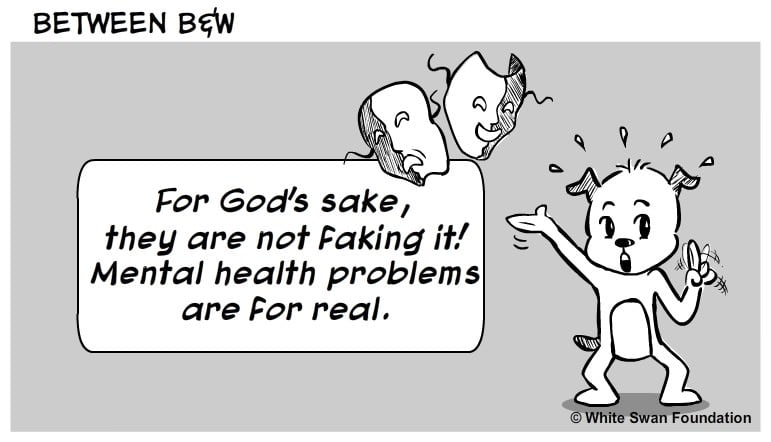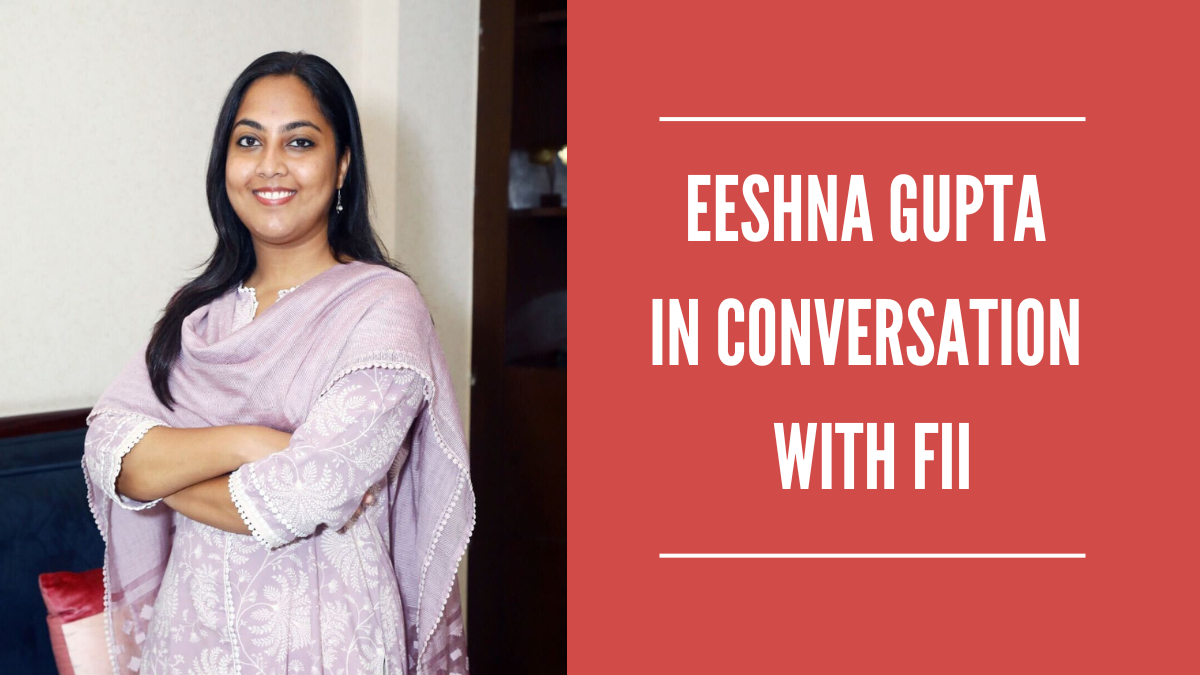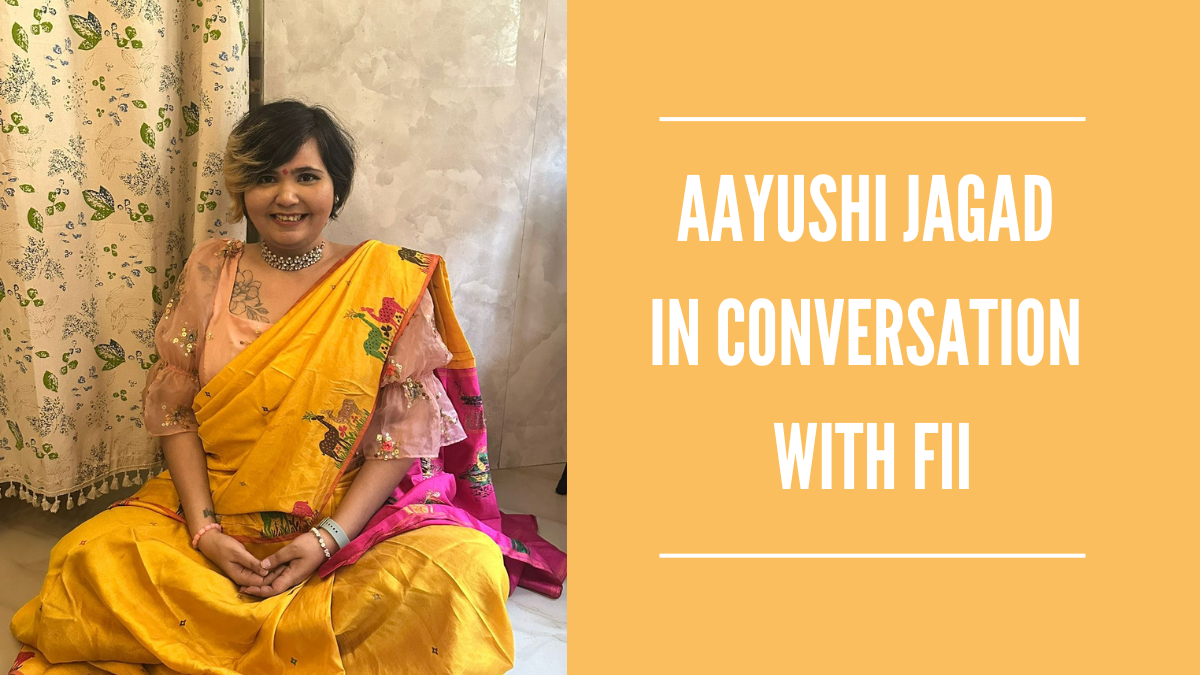White Swan Foundation is a not-for-profit organization that offers knowledge services in the area of mental health.They aim to provide patients, caregivers and others with content to help with decisions related to mental health. In this interview we spoke with Manoj Chandran, Chief Executive Officer of White Swan Foundation.
1.What was the motivation behind setting up the foundation? Who were the people involved? What were the biggest challenges in setting up?
In 2014, Subroto Bagchi, co-founder and former chairman of MindTree Ltd., delivered a lecture at the Institute Day celebrations of the National Institute of Mental Health and Neuro Sciences (NIMHANS), India’s premier mental health institution. In his speech, Subroto propounded the idea of fighting the numerous challenges of the mental healthcare sector by offering content to the people and empowering them to make informed decisions.
Later that year, when I was planning to move on from my stint at Ashoka, Subroto, and his wife, Susmita, award winning Odiya writer, proposed an idea to start an institution to build a unique information repository on mental health. I loved the idea and plunged into researching the field of mental health. Well known psychiastrits and other mental health professionals at NIMHANS extended their support for the research. It became clear to us that for all the psychosocial problems that exist in mental healthcare, the underlying issue is the lack of access to right information. Based on the research, we developed a model for the creation of a not-for-profit organization that will develop and offer knowledge services to people on mental health. Under the leadership of Subroto, Susmita and Parthasarathy NS, Mindtree co-founder and President, White Swan Foundation was launched in April 2014 as a non-profit organization.
Former NIMHANS Director/Vice Chancellor Dr P. Satishchandra, Head of the Department of Psychiatry Dr Prabha Chandra and Head of the Department of Virology Dr V. Ravi, along with former joint secretary, Ministry of Health and Family Welfare, Ms Sujaya Krishnan form our board of advisors, who are our guiding force during the crucial phase of our inception and growth.
2. Could you share more about the people served by the foundation? Is there a demographic profile you notice or is it more varied?
Unlike other physiological problems, where it could suffice if those suffering, and their caregivers, have the right knowledge, in the case of mental health, this is not enough. Experts tell us that environmental factors form an important reason for the occurrence of mental health problems in an individual. More over, several of those environmental factors also decide the actions people with mental illnesses and their caregivers take or do not take. And, a good part of these environmental factors are people like us. Most often, our perceptions, beliefs and actions play vital roles in the decisions that people with mental illnesses and their caregivers take. Hence, White Swan Foundation’s attempt is to serve the knowledge needs of the people across all demographic. In that, we are particularly trying to engage with the youth. Experts tell us that often, mental health problems begin to show up during the youth years. Moreover, they have the power to bring social change. By empowering them with the right education on mental health, we hope to see a faster social transformation.

3. Tell us a little about the staff (how many), their roles and professional experiences.
We at White Swan Foundation, are a team of ten passionate people, committed to the cause. All of us are skilled in content and communication, bringing in a wide range of experiences, including journalism, content creation and mass communications. More importantly, the White Swan Foundation team has the ability to understand the knowledge needs of our target audiences and leverage the numerous communication platforms to connect with our target audiences. We design, curate and produce content that empower people to take informed decisions. We also have the knowledge of the cutting-edge technologies that enable us to leverage emerging communication platforms.
4. What have been some of the main challenges in operations, especially given that there is a big gap in provision of mental health services?
We know our knowledge repository is valuable to those with mental illnesses and their caregivers. Our information help them take right decisions. However, our attempt is to engage with the common man and convince them of the need to acquire the right knowledge on mental health, which is the biggest challenge. The topic of mental health is dominated by our beliefs and perceptions, which are often rooted in our lack of knowledge or misinformation on the subject.
We want to talk to the common man because each one of us, through our thoughts, perceived knowledge and actions, contributes to the creation of an environment that impact the life of those with mental illnesses and their caregivers. It is by acquiring the right knowledge that we can create the right environment for them. We know that we need to address this challenge by taking one community at a time and engaging with them in discussions and dialogues. However, we are making small progress in this direction.
5. What are your plans for the foundation in the coming years?
In the first two years of our work, we launched our web portal which is available in English, Kannada, Hindi and Bengali. The portal has more than 300 pieces of content on a wide range of topics of mental health and well-being. We have also released our first print publication, called The Little Book of Mental Health. These booklets have been tailored for the common man and cover five topics – general mental health, well-being, care-giving, addiction and depression and anxiety.
White Swan Foundation’s charter is to deliver knowledge services on mental health. In the coming years, we need to strengthen our knowledge repositories and the platforms on which these repositories are served to the people. We also want to engage with people on the ground to change their perceptions on mental health. To do so, we shall build robust channels to reach out to our target audience. Through our work at multiple levels over the next few years, we hope to demonstrate in a few geographies the impact of education and awareness in building a more supportive social infrastructure for those with mental illnesses and their caregivers.

6. Are there any (online/India-focused) resources you would recommend for people looking to understand mental health issues or those struggling with mental health?
White Swan Foundation offers India’s most exhaustive online knowledge repository on mental health and well-being. It is not only of value to people with mental health problems and their caregivers but also useful to the general public who want to learn about their role in the society.
7. Please feel free to add anything else you see as relevant for our readers.
Irrespective of our position in the society and the lifestyles we lead, we must acknowledge that mental health is as important to us as
our physical health. Often, we ignore mental health, which can result into several kinds of health issues. Know that mental health problems can impact our physical body. For us to respect our mental health, we must know about it.
Secondly, we all form the environment that has a strong bearing on our mental health. Hence, we are already contributing to someone else’s mental health problem. In order to make a positive contribution to the creation of a supportive environment, we must know about mental health.
Hence the first step for all of us is to acquire the right knowledge, which will help us make informed decisions.
All images courtesy White Swan Foundation. To know more about them, visit their website here.
About the author(s)
Feminist and Indian. Interests include gender, education, mental health and wellness. India/US.




